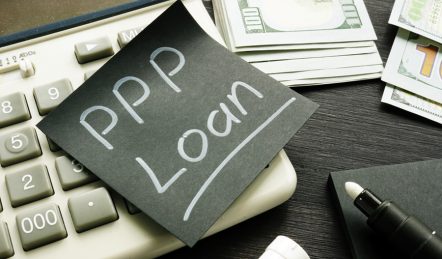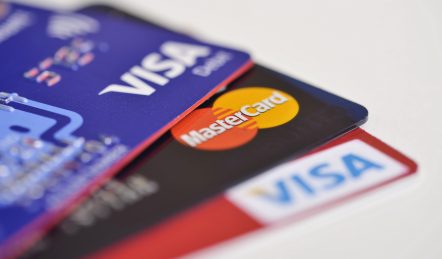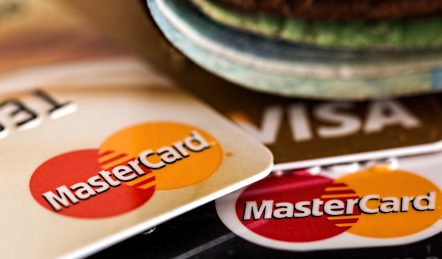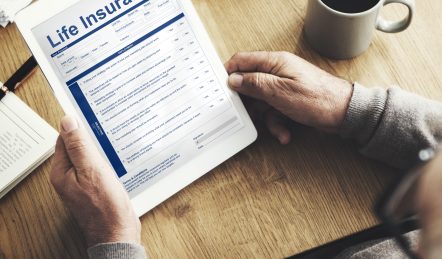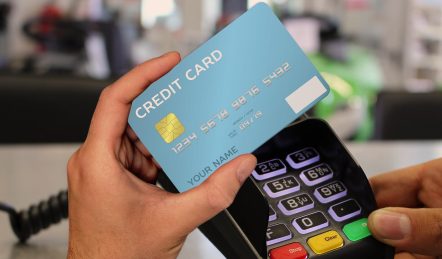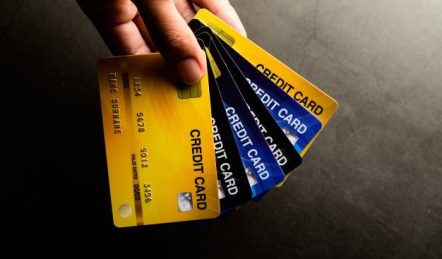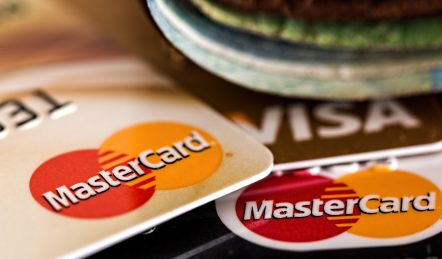Bad Credit Loans: How to Get the Best Deal
Getting a loan with bad credit isn’t impossible, but it’s a tad more challenging to get credit loans. Increasing your chances of obtaining a loan can be accomplished in several ways.
There is a good chance that you have borrowed money at some time in your life. Most of us have some alternatives for borrowing money, whether it’s for a mortgage, a significant purchase, or a loan to get you through a period of economic instability. It doesn’t matter what your credit rating is; many lenders are eager to assist you in resolving your financial woes.
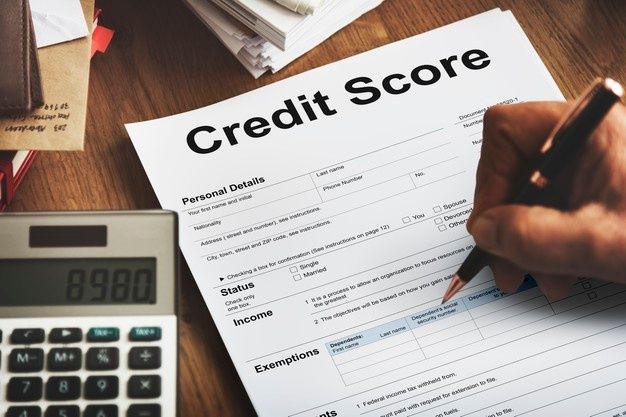
What Is a Bad Credit Loan?
Having a record of late or non-payment of credit card bills can hurt your credit rating. Credit reference agencies in the UK keep track of your credit history. If you have a history of not making timely payments on your debts, your credit score is more likely to be lowered. When making lending decisions, lenders are expected to use the credit score as a guideline.
It’s not the end of the world if your credit is less than perfect. Bad credit loans can be obtained from a variety of lenders. As opposed to merely checking at your credit rating, they’re often predicated on the rest of your finances. Lenders may consider your income and expenses when determining whether or not you qualify for a loan. It’s possible to get a loan even if you have a bad credit score because of things that occurred five to 10 years ago. This can assist you in re-establishing your credit rating and improving your prospects for the future.
Types of Loans
Many different sorts of loans are available, and some may be better suited to your situation than others.
1. Personal Loans
Personal loans are predicated on the assumption that you will be able to pay them back. Even if you fail to pay your loan on time, there is no requirement that you submit a collateral asset that they can take possession of. The APR on a personal loan is likely high if you have a poor history of repaying loans1.
2. Secured Loans
The term “secured loan” refers to a loan in which you agree to allow the lender to take possession of an asset if you fail to repay the loan. Lending “against” something like your house or even a car that you own outright is an illustration of this.
A lender is more inclined to provide you with a loan since they know that if you default, they will be able to reclaim an asset from you. As a result, you’re putting yourself at risk by relying on anything you put up as security. If you put your property up as collateral, you could lose your home and any equity you have built up in it.
3. Guarantor Loans
It’s common to hear the phrase “guarantor” used in connection with mortgages. A guarantor is a person who promises to pay back a loan if you are unable to. Due to the lack of assets available, the lender can demand the guarantor repay the loans in the event that the borrower does not meet their financial obligations. Of course, you’ll need a contract signed by both parties. In many cases, a guarantor is a family member.
4. Peer-to-Peer Loans
Peer-to-peer (or “P2P”) loans allow you to borrow money from another person. A peer-to-peer lending network administers the loan. You are taking out a loan from a private investor, not a bank. Basically, it works the same way. The loans could be prohibitively costly for those who have less-than-ideal credit histories2.

Find the Best Bad Credit Loans Using These Tips
Borrowing money right away can be alluring for those with less-than-perfect credit. However, unfavorable terms are generally the result. If you want to secure a loan that works for you, here are some simple but effective ways.
Start by Knowing Your Credit Rating
It would be best to verify your credit rating before applying for a loan. This will help you figure out what kind of interest rate you should pay. As a result, knowing your credit score will help you make an informed choice about which lender to choose.
Make a Few Comparisons
Look through the available options using a comparison tool. Applying for a loan does not affect your credit score until you actually apply for it. It’s a great idea to look around for the most excellent price, just like you would when obtaining auto insurance.
Consider Providing Security or a Guarantor
This may be beneficial to your application. Additional benefits include lower interest rates, which can help you save money on your monthly payments.
Consolidate Your Debts
Debt consolidation can be a great strategy if you have a lot of bills to pay off. As an example, if you already owe money on your credit cards, you may want to incorporate this into your borrowing strategy.
Final Words
A bad credit score doesn’t mean you’re out of luck when it comes to getting a loan, especially if you’re ready to work with a guarantor or put up collateral. Several lenders specialize in working with persons with poor credit. Even if you end up paying extra interest on your loans, this could be a step toward regaining financial stability.
References:
1 Personal Loans vs. Credit Cards: What’s the Difference?
2 www.moneyhelper.org.uk

